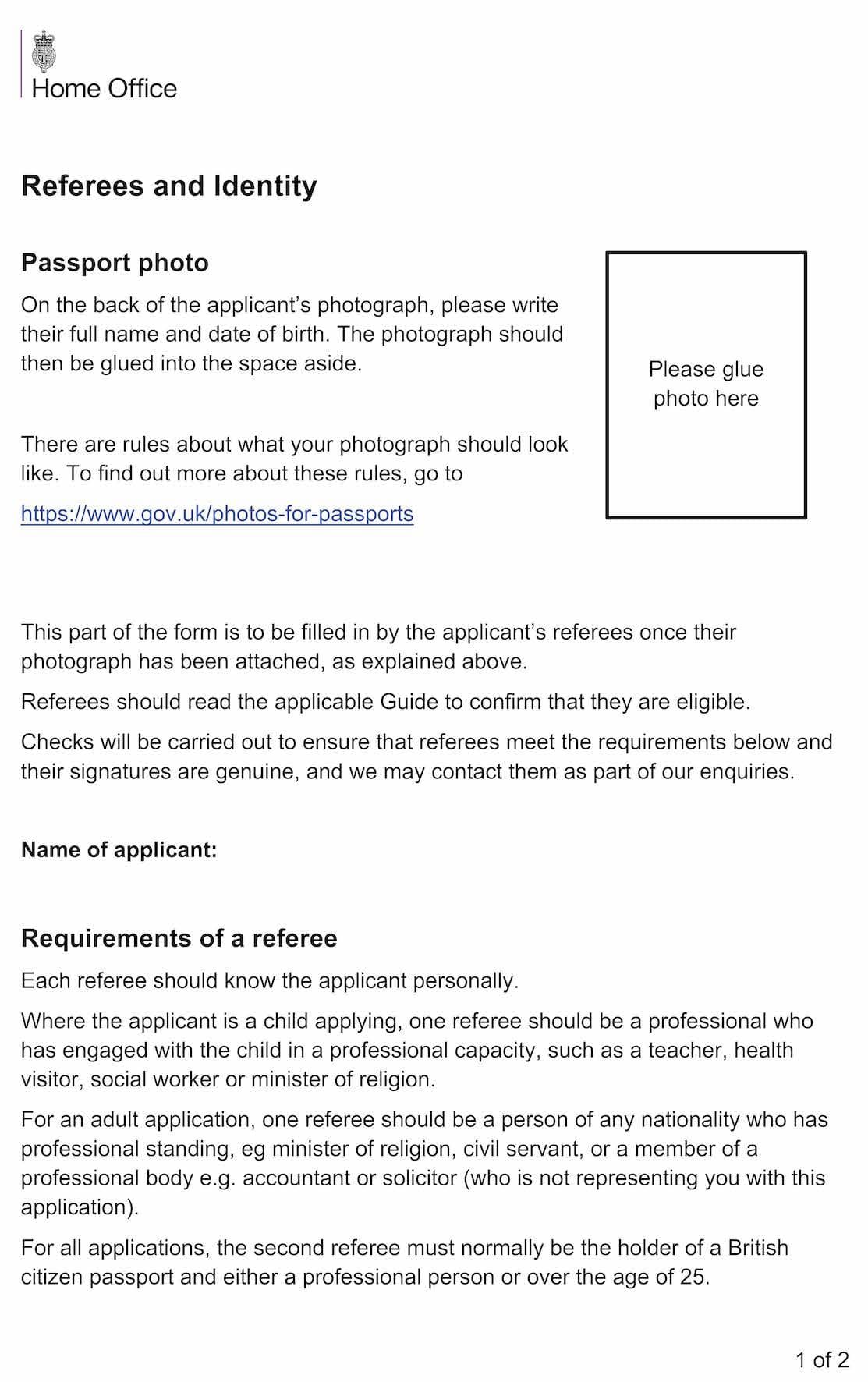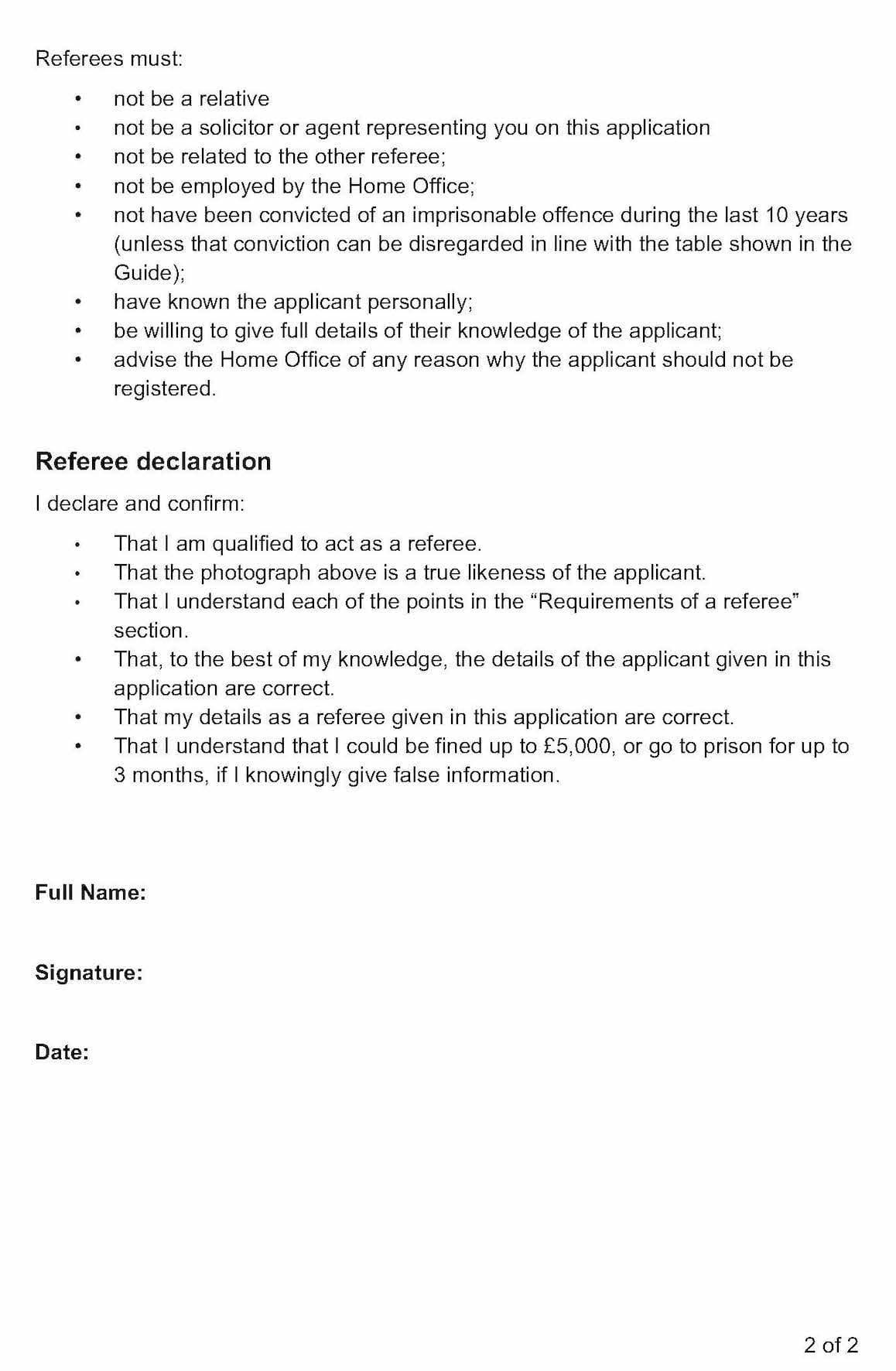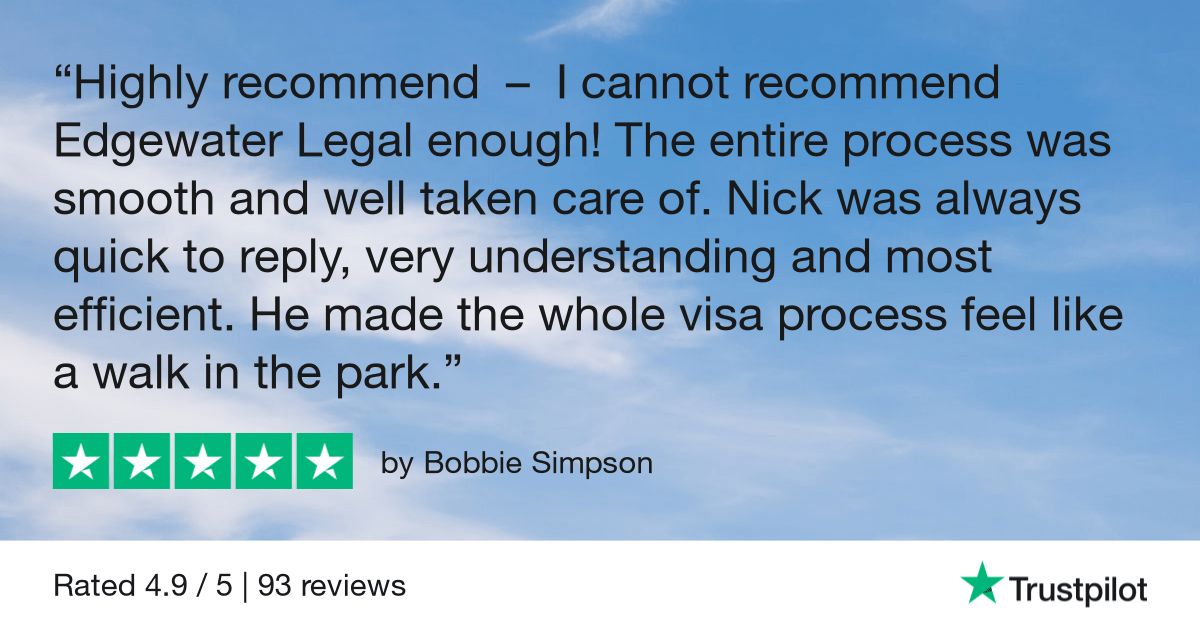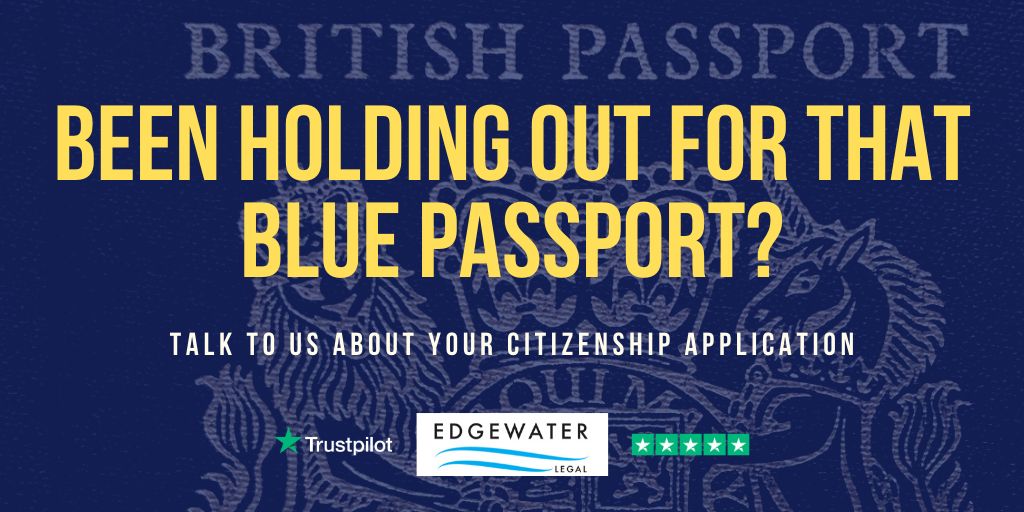
Referees in British citizenship applications: why, who, what, where, when, and how


In this post we discuss the role of referees in British citizenship (also known as naturalisation) applications.
This is one of the more confusing aspects of the naturalisation process, and one of the most common problem areas that we see for clients during our popular application review service.
Why?
All applicants for British citizenship must provide two referees to establish their identity. It’s a slightly outdated notion, and the kind of process you might expect when joining a country club.
But it exists, and it is often an issue which holds up filing whilst applicants scrabble around to find an ‘acceptable professional person’ (see list below).
So it’s important to know what you’re going to need from your referee before you make your application.
Note that Home Office caseworkers will only contact a referee if this could resolve ‘concerns about an application’ and if they have the authority from a senior caseworker to do so. In my experience, this is rare.
Who?
One referee should be a person of any nationality who has professional standing (see list below).
The other referee must normally be the holder of a British citizen passport and either a professional person or over the age of 25.
In both cases, they must have known the person applying for citizenship for 3 years or more.
The Nationality Policy: general information – all British nationals guidance is ambiguous, and seems to suggest that both referees need to be British (see p10).
But this is incorrect, as confirmed by the (now mostly withdrawn) AN form (see page 19), the online application form, which allows for non-British nationalities to be entered, and also the declaration (see below).
The referee must not:
- be related to the applicant or the other referee
- be the applicant’s representative
- be employed by the Home Office
- have been convicted of an imprisonable offence in the last 10 years for which the sentence is not spent under the Rehabilitation of Offenders Act 1974
‘Acceptable professional persons’ means:
- accountant
- airline pilot
- articled clerk of a limited company
- assurance agent of recognised company
- bank or building society official
- barrister
- British Computer Society (BCS) - professional grades which are Associate (AMBCS), Member (MBCS), Fellow (FBCS) (PN 25/2003)
- broker
- chairman or director of limited company
- chemist
- chiropodist
- Christian science practitioner
- commissioner for oaths
- councillor: local or county
- civil servant (permanent)
- dentist
- designated premises supervisors
- director or Manager of a VAT registered charity
- director, manager or personnel officer of a VAT registered company
- driving instructor (approved)
- engineer (with professional qualifications)
- fire service official
- funeral director
- insurance agent (full time) of a recognised company
- journalist
- justice of the Peace
- legal secretary (members and fellows of the Institute of legal secretaries)
- local government officer
- manager or Personnel officer (of limited company)
- member of Parliament
- member of Her Majesty’s Armed Forces
- Merchant Navy officer
- minister of a recognised religion
- nurse (RN, SEN or holder of a BA in nursing)
- officer of the armed services (active or retired)
- optician
- paralegal (certified or qualified paralegals, and associate members of the Institute of Paralegals)
- person with honours (such as OBE, MBE and so on)
- personal licensee holders
- photographer (professional)
- police officer
- Post Office official
- president or secretary of a recognised organisation
- Salvation Army officer
- social worker
- solicitor
- surveyor
- teacher, lecturer
- trade union officer
- travel agency (qualified)
- valuers and auctioneers (fellow and associate members of the incorporated society)
- warrant officers and chief petty officers
What must referees do?
Referees must provide certain information about themselves, and sign a declaration.
Information
The information they must provide is as follows:
- Full name
- Address(es) for last 3 years
- Date of birth
- Profession
- Phone number
- Email address
- British passport number (if British)
- How they know you
These details should be given by the referee to the applicant, who then uses the information to complete the relevant section of the online form.
Declaration
The declaration required for signature is reproduced here, but can be downloaded directly via the UKVI application portal towards the end of the online application process:


When should the referee sign the declaration?
As can be seen above, the referee must declare, amongst other things:
- That the photograph … is a true likeness of the applicant
- That, to the best of my knowledge, the details of the applicant given in [the] application are correct.
- That my details as a referee given in [the] application are correct
Strictly speaking, this would require a referee to see a final draft of the application form before signing. We suggest the following order of events to provide the best chance that a declaration is compliant:
- Identify referee and ensure they are happy to participate
- Person applying for citizenship completes online application but does not submit
- Download PDF of incomplete application
- Download and print-out referee declaration form
- Write the name and affix the picture of the person applying for citizenship
- Send the form (with picture attached) in hard-copy to the referee, with a downloaded PDF of the incomplete application form
- Having considered both the application form, and the picture on the declaration, the referee signs and dates the declaration
Where should referees send the declaration?
Once the declaration has been completed, it can be sent either in hard copy or via scanned email back to the person applying for citizenship.
As the form will be uploaded via the online application portal, the wet-ink original is not needed by the applicant.
Confusingly, the declaration form requires that the person applying for citizenship writes their name on the back of the photograph they affix to the declaration (presumably in case it was detached, and the photo could then be reunited with the application) which suggests that the original form is being sent in.
But rest assured the entire process is digital now, so this is something that one hopes will be corrected in future declaration forms in due course.

How should an applicant proceed if they have no suitable referee?
Interestingly, if the Home Office take the view that a referee does not meet the requirements, they must ask the person applying for citizenship to provide a different referee before making a decision to refuse the application.
Presumably, if one cannot be provided at this point, then a refusal of the application would follow. You should seek legal advice to discuss your options if you feel that you will not be in a position to identify suitable referees.

What about the kids?
The guidance states that for child applicants at least one of the referees must be a person who has dealt with the child in a professional role such as a teacher, doctor, health visitor or social worker.
Where a child cannot provide such a referee and has provided documents to show that they have attempted to do so, the Home Office can accept two referees who meet the criteria for referees on adult applications.
And for those applying from outside the UK?
Where the person applying for citizenship is living outside of the UK and does not know a British citizen passport holder who is a professional or over the age of 25, a commonwealth citizen or a citizen of the country in which they are residing may complete and sign the form providing they meet the other requirements and the consul considers their signature to be acceptable.
Main image credit: Photo by Nathan Shively on Unsplash